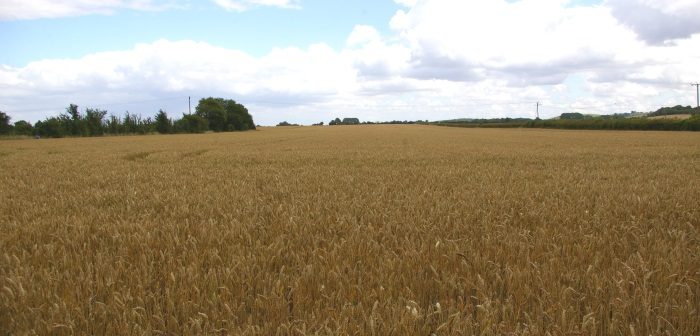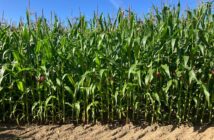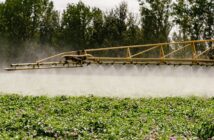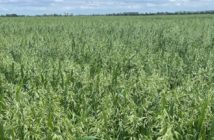A group of world-leading crop scientists, including the principal & chief executive of SRUC, has called for a global crop network to systematically tackle threats to global food security.
The latest edition of the internationally renowned journal Science (published 28.07.17) outlines the recommendation for a Global Crop Improvement Network (GCIN) to take a worldwide approach to crop research.
Encompassing most staple food crops, the GCIN would ‘revolutionise’ our ability to understand crop performance in different environments and speed up the adoption of vital technologies, say the crop experts.
It would achieve this by providing access to well-controlled ‘field laboratories’, which are essential for translating scientific breakthroughs to improved crop yields; harmonising international research practices; and sharing data. The Network would work with existing national crop research systems and could be supported through public-private partnerships.
The proposed model for the GCIN is based on the successful International Wheat Improvement Network (IWIN) Established in the 1960s, the IWIN is part of the CGIAR-affiliated group of agricultural researchers. SRUC principal and chief executive Prof. Wayne Powell is former Chief Scientist with CGIAR and a co-author of the GCIN model.
Prof. Powell said; “Through the international research collaboration and data-sharing that underpins IWIN and the recommended GCIN, we have a huge opportunity to tackle in new ways the big global challenges of food and nutrition security while delivering new knowledge efficiently and providing value for money for those investing in research.
“For Scotland and the UK to make its rightful contribution to such important global initiatives we must become better at sharing resources through a commitment to open science. SRUC and the other Scottish research institutes are major producers and curators of long term experimental and observational data, meaning we are ideally positioned to generate new knowledge of benefit to tackling national and global food production issues.”




